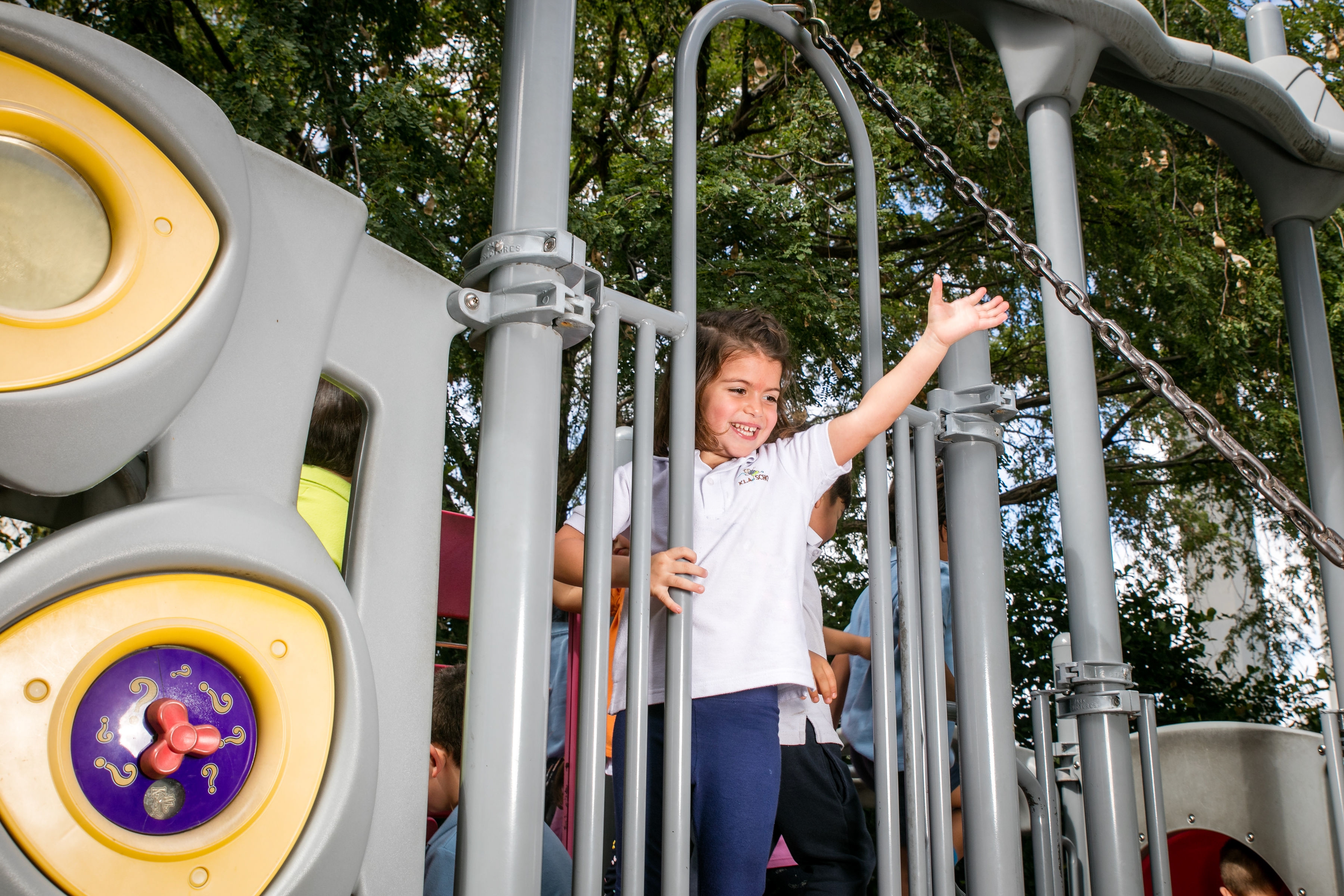Supporting Your Child to Help Others
Age Range: Preschool
Learning to help others is an important skill for young children to learn. Not only will it help them have an easier time in daycare or preschool, but according to studies, children who have interpersonal skills such as empathy, perspective-taking, and moral reasoning do better socially. Teamwork is also a critical skill that will help your child succeed in school, work, and other situations over their lifetime.
Here are some ways you can support your child in helping others.
Foster a sense of empathy in your child
Empathy is key in healthy relationships, and it’s also important in conflict resolution, gratitude, and ethical behavior. Some ways you can teach your child empathy include encouraging them to find common ground with a variety of people, reading books about empathy, and modeling empathetic behavior at home.
Model helpful behavior
Children look up to and emulate the adults in their lives, and you can use this as an opportunity to show your child how to be helpful. For example, when running errands with your child, you can hold a door open for someone. Or, at home, you can offer to assist your partner with cooking or cleaning up. When your child sees you being helpful, they will come to understand it as a normal part of life, and also learn about specific ways they can help someone.
Discuss why being helpful is important
Having a two-way conversation about the concept of helping others can empower your child to take ownership of it in their life. Rather than telling them they should help others, have an open conversation about why it’s important, and come up with some ideas together about how they can help others.
Encourage cooperative social situations
Studies show that children tend to get along well when they’re working toward a common goal. You can help support your child to help others by encouraging cooperative social situations. For example, you can host a play date in your home with a couple of your child’s friends, and offer cooperative – but not competitive – games for them to play. This will help them to have fun while learning about teamwork.

